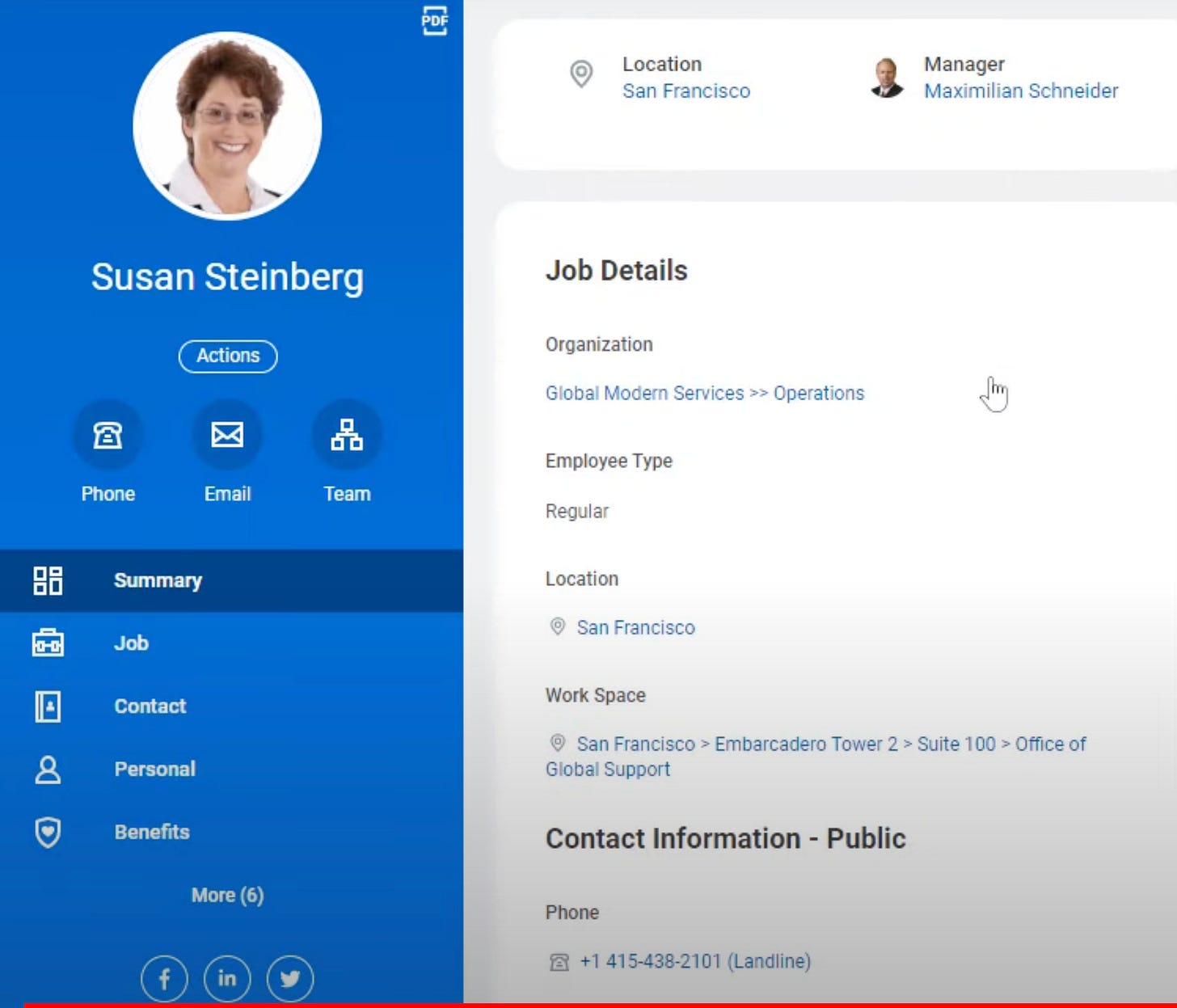Revolution. What revolution?
Some musings on this and next generation of enterprise core HR software.
Each significant technology wave heralds some disruption in our world of HR Tech. I’ve written about s-curve theory and how disruptive innovation works several times before, so I won’t head off into a deep theoretical discourse here. Phew, I hear you say.
What’s curious in HR tech is not so much disruption, but longevity.
Several vendors have done well in bridging from one or more technology generation to another, ADP, UKG and Dayforce (Ceridian) for instance. SAP has managed the trifecta of mainframe / client-server / cloud through a mix of acquisition and modest renovation. Oracle has finally got Fusion out the door, and it seems to actually finally work to the surprise of many, a bit like the new Berlin airport. Workday, one on the one hand new, on the other clearly the offspring of PeopleSoft. ADP has been around since before there were computers. Come to think of it, Workday’s turning 20 next year. Dayforce’s reverse takeover of Ceridian deserves more attention than it gets.
In the global core HR enterprise space there are now about half a dozen venerable players, all valued from 10 Billion up.
They all grapple with various forms of technical debt, middling customer satisfaction but they offer deep functionality and are massively sticky. The basic underlying architectures of the products are all much the same: Relational database models with a sprinkling of graph technology, multi-tenancy in various shades, a bit of in-memory, browser centric user experiences, the UX is a dull mirror of the data model. Adequate but not compelling mobile capabilities. Data validation is largely table driven, supported by some form of proprietary, deterministic rules engine/s. There is more reporting than genuine analytics. APIs are recalcitrant rather than welcoming. SaaS is now the dominant design, at least contractually. AI capabilities are at best augmentative. They run in private clouds, and increasingly in public clouds, although less than their marketing may suggest. They have massive supporting superstructures of system integrators, and large ecosystems of niche vendors.
Innovation is largely incremental.
See exhibit A.
In their defence, it has taken decades to get the functional data models of these systems to work well, the awkward nuances of concurrent employment, cross border transfers, retroactive effective dates, mass changes, role based authorizations, data sovereignty and well human stuff is difficult to store, have all dented the hubris of the unwary.
Of course, the scope of HR tech has blossomed ferociously beyond core HR, with all sorts of sub-categories filled with countless niche players, some becoming very impressive businesses. We have funded some of these, and we will continue to seek them out. We love a niche vendor that nails one thing brilliantly. Some niches end up as massive TAMs.
But the core enterprise HR systems grind on, resolute, and process the records of 100 of millions if not billions of employees. I have rambled on about this before.
If one is to believe much of the frenzied writings on HR tech we are apparently in the middle of a major revolution, almost every press release, feature announcement or aquihire is heralded as game changing and revolutionary.
But for all the talk of AI revolutions, it seems all rather “carry on as you were” in core HR. The game hasn’t really changed at all. The players are exactly the same as they were a decade or more ago.
Revolutions involve some sort of violent overthrow of an existing dominant order (I’ve just listened to the Rest is History on the French Revolution. Brilliant).
So when I think of of a technology revolution one of the key defining characteristics should be that incumbents are replaced.
Revolutions also tend to come as a surprise to the incumbents and the pundits.
Jason, David and I have been pondering what a real revolution in core HR tech might look like. If you are a founder thinking about the same, we would love to talk. We have evil plans.
As I usually do, here is a tune for you.
I’ll even give you a bonus. Chopin.






I’ve been trying to push the conversation around how blockchain can revolutionize HR for several years, but yet to know of any real solid ideas around how or what anyone is specifically doing (I have ideas of my own, though!) As skills technology and organizational structures mature—likely driven by AI—leveraging systems that quickly and accurately match employees with transferable skills for both short-term and long-term roles will become a crucial competitive advantage necessary for relevance in the evolving job market.
Agreed, there must be room for something new, something beyond a digital register that HR Core practically are. Something that captures what people do, how they do it and when they do it. Something about connecting all the existing data that our employees create and make sens / value out of all the data points we generate each day.